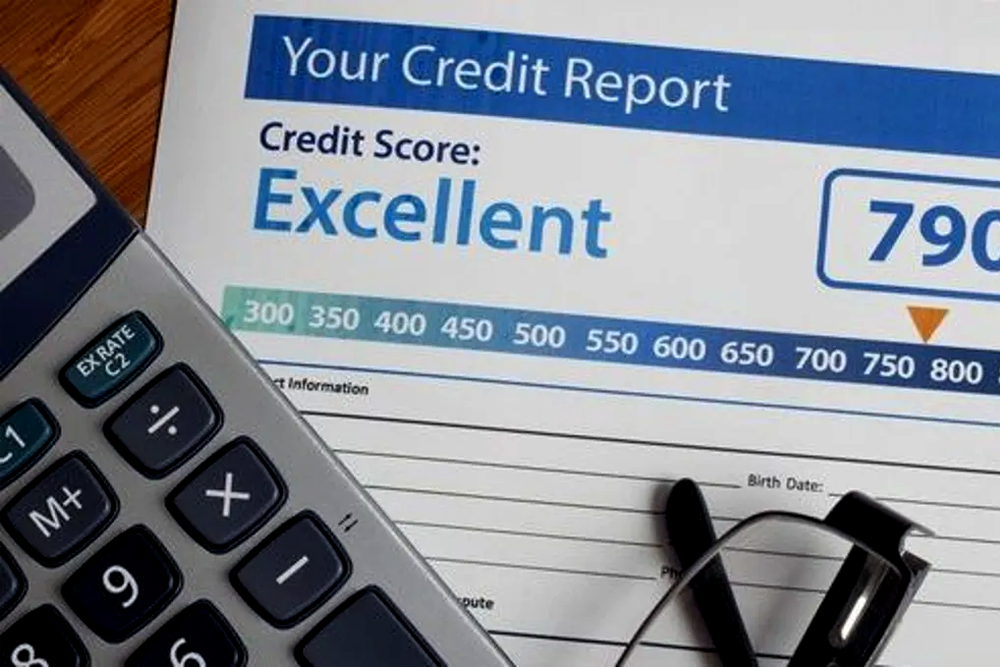From time to time, most small businesses in all fields need outside financing to keep their doors open. However, with so many funding options available, how can small business owners be confident they are choosing the right financing option?
Tips to consider while shopping for your small business loan provider that should increase the chances you find a happy lender.
Nail down why you need a loan
You need to decide exactly why you require a loan. How will a loan assist your business to grow, and what precisely will you use the money on? Your answers will narrow down the kind of loan you need. If you need funding to improve cash flow, for instance, you might decide on a line of credit. Or, if you want to buy a new building, you will definitely want a commercial real estate loan.
Some uses- such as paying for marketing campaigns or buying inventory- might apply to many types of loans. However, with this first step, you should be able to get at least a little closer to narrowing down your options. Bear in mind that some reasons for seeking a loan are better than others. If getting a loan will assist you in expanding your business and increase your profit, that is a pretty good reason. However, if you are getting a loan as a last-ditch measure to prevent your business from going underwater, you should reconsider borrowing.
Do you need financing, or do you need to reevaluate your business’s spending and budget? Will a loan really help your business recover and succeed, or will it be like putting on a Band-Aid when bleeding out? A debt you cannot pay off is the last thing you need.
Gather your company’s financial documents
Before approving your business loan, any lender- from banking institutions to alternative financiers- will peek at your small business’s finances. Before you start trying to secure a loan, you would be wise to collect relevant documentation from streamlining the application process.
Once you have made a decision to apply for a loan, collect relevant business information, your taxpayer ID, income information, or employer identification number. Whereas alternative lenders typically require a single year of data, traditional banking institutions might ask you for three years of information- if not more. Anyhow, the more prepared you are, the faster the process will be.
Understand the various types of funding options available to you
If you have not yet carried out some research on the topic, you might be surprised to know that small businesses have various outside sources of financing available to them, most of which provide different types of lending.
Different financial vehicles such as traditional bank loans, business lines of credit, merchant cash advances, credit card factoring, loans from the Small Business Administration, and working capital loans from alternative lenders- will make sense for different businesses. Do your homework to identify your options, and you will be able to make an informed decision as to what financing option works best for your organization.
Bear in mind that you are much likely to be approved for financing from an alternative lender-especially if you have had a bad credit score or have not been in business for too long. Following recent data from the Small Business Administration (SBA), less than fifty percent of small banks approve loans to small enterprises, and fewer than twenty-two large banks do. On the other hand, alternative lenders approve more than sixty-one of the applications they get.
Consider the interest rate
You evidently want to consider the interest rate, even though this should not be the only determining factor. For instance, if a $100,000 loan has repayment terms of five years, a difference of two percentage points does not matter that much in the grand scheme of things. However, it would matter if the loan were for $1 million spread out over twenty years. Be wise about comparing interest rates, and give more weight to it when terms are higher.
Look at repayments terms
Speaking of the loan repayment terms, what is the length of the duration? What does the payment schedule look like? Are you able to clear the loan early, or do you have to wait till maturation?
Typically how easy it is to pay back your loan should be top of mind when evaluating offers. Operationally, you should identify if you have to set up a special process for making payments or enroll in auto payments. You should also know if there are penalties for paying late or early. Ensure you dive into how required payments are calculated. It is simple for these to seem like small details in the fine print of a loan; however, they can save or cost you thousands of dollars when it is all said and done.
Consider application fee
Do you know that some lenders require you to pay in order to submit an application, while others do not? It is essential to ask what kinds of fees are linked to the application. Some lenders will charge an application fee, while others charge fees for products tied into the application, such as the cost to get your collateral appraised or run your credit report.
Find a lender who can offer you enough money
Even though they love your finances and think your business is doing great after evaluating the information you provide, not all lenders will be able to provide you all the money you require to grow your small business. For instance, some lenders can loan you up to $1 million, while others may not extend anywhere near as much financing. Following SBA, small business loans range from $5,000 to $5 million. Take some time figuring out the amount of money you need, and look for lenders who can extend that much capital to you. Apply for loans with lenders who can harbor your business needs.
Look for lenders who can offer you a loan quickly
When your small business experiences a cash shortage, you do not exactly have a lot of time to wait for outside funding to come in. Your business needs money and fast. Sadly, most traditional banking institutions and Small Business Administration can take a lot of time to approve your small business loan application. It is not common for these kinds of lenders to take thirty, sixty, or even ninety days to complete the funding process. Instead of waiting around forever for approval that may never come, consider an alternative lender that provides minimal paperwork and same-day loan approval. That way, when you require money, you can get funded faster- and put your cash to work right away.
The mode of disbursal
Generally, business loans come in two modes of disbursal: installment and a line of credit. When it comes to installment, the lender disburses the whole amount of money at once. The entire amount is deposited to the borrower’s bank account. Conversely, a line of credit business loan is revolving credit. One can withdraw any amount of money within the maximum credit limit at any time.
Thus, the mode of disbursal one prefers is based on the need for money. If you need a lot of money, you can opt for an installment loan. In that case that you want the money in smaller sections, you should better opt for a line of credit. So before you finalize your business loan, you should ask about the disbursal mode of the loan.
Do you have collateral to borrow against
If you own inventory, equipment, or the real estate your business is housed in, you might be able to utilize those assets as collateral to secure your small business loan or line of credit. Similarly, many alternative lenders also consider future sales, or accounts receivables, as an asset a small business can borrow against. Keep this in mind, as loan decisions are not based solely on credit history and might require documented evidence of several years of financial performance.
Do background research on the company
Speak with acquaintances and friends who might have used alternative lenders for their financing needs. Do an online search of honest customer reviews about various lenders to get some feedback. Since everyone has a different situation, you will most possibly get a variety of opinions. Use your discretion and good judgment.
Work with a lender that provides exceptional customer service
One of the most vital aspects of a lender, as well as any other kind of company- is the level of customer service they provide their clients. Ideally, they should make themselves readily available through a variety of channels of communication, including live chat, email, or phone. They should have staff who are highly knowledgeable, courteous, friendly, and professional. Funding can be stressful, so you want to ensure that the lending company is helpful and patient.
Generally, you might feel like you have time against you, but it is okay to slow down a bit. You should avoid rushing into it. Prematurely choosing a loan, only to figure out later that you choose the wrong one, can be devastating to your business. Be patient and carefully evaluate all your financing options before you proceed too far in the process.












